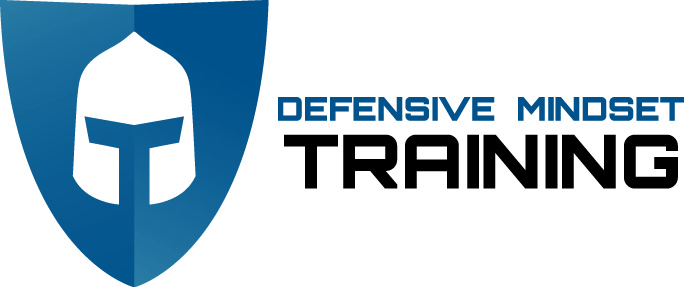Tactical tip: Do shooting competitions prepare you for self-defense?
Beau Doboszenski, Owner/Lead Instructor
Originally published August 14th, 2019
Tactical Tip: Do shooting competitions prepare you for self-defense?
I got an interesting question from a student about whether participating in shooting competitions helps for self-defense, since there are mixed messages on the topic.
I think these views represent different “camps” in handgun training: the competition camp and the defense camp. And there’s not a simple answer.
Competitors argue that shooting is shooting. In some regards, this is correct: firearm skill application is crucially important, and competitions allow those skills to be pressure tested.
However, the defense camp instructors, who say competitions do not prepare you for real life scenarios, are also correct. The sheer number of variables within the defensive sphere is massive, and a staged competition will never reflect the gravity, stress, consequences, or dynamism of defense.
This same argument exists in the martial arts world - whether what works in the MMA cage will work on the street. I’ve watched videos of several champion MMA fighters who survive or even dominate street encounters thanks to the skills they’ve trained. I’ve also watched other MMA fighters get knocked out cold by a sucker punch, and I personally know of a champion MMA fighter who was stabbed to death by his untrained, drunk roommate, so there are no guarantees.
The advantage for the competitor is the ability to quantify and then improve upon their capabilities. “Beep to bang” timing is quantifiable. Their number of shots accurately on target is quantifiable. You can tell whether you’re doing well or not, and strategically work to improve your skills.
The challenge for the defender is there’s no way to quantify the success of defensive technique outside of combat. And it’s extremely hard to practice true defensive technique in a dynamic way. For example, I can’t roll Brazilian Jujitsu while gouging my partner’s eyes out, punching him in the throat, or stabbing him with my knives, so I can’t replicate how I’d respond in a real life scenario. Even at Defensive Mindset Training, where we get as close to reality as possible with SIM and scenarios, it’s still akin to a “competition” as no one’s going to die, thanks to the safety rules we put in place. There’s always an extreme risk in real combat, way outside the scope of any training, and it’s possible that even a successful defender could leave the field permanently injured or maimed.
So competitive shooting doesn’t truly prepare you for a real-life scenario… but neither does your standard self-defense training. However, they both provide valuable skills that can help. This is why DMT aims to bridge the gap between these two worlds, and why DMTers tend to have success in both endeavors.
We use quantifiable measurements of skills to set goals and standards for capabilities so you can judge your performance and measure improvement. We also develop defensive skills that are outside the scope of shooting competitions, things like response to stimulus, identifying threats in real time, the full spectrum of defense, and transitioning between modes of defense. This goes far beyond your typical self-defense.
The reality is that if you train for competition, you can be assured of increased success in competition. Regardless of how you train for defense, there is never assurance that you’ll succeed. You are only increasing your odds of success.
And there you are, back at the beginning. Two camps with different perspectives. Instead of arguing between the two, DMT offers unique training to improve both sets of skills to give students the best chance of success in any firearms scenario.
